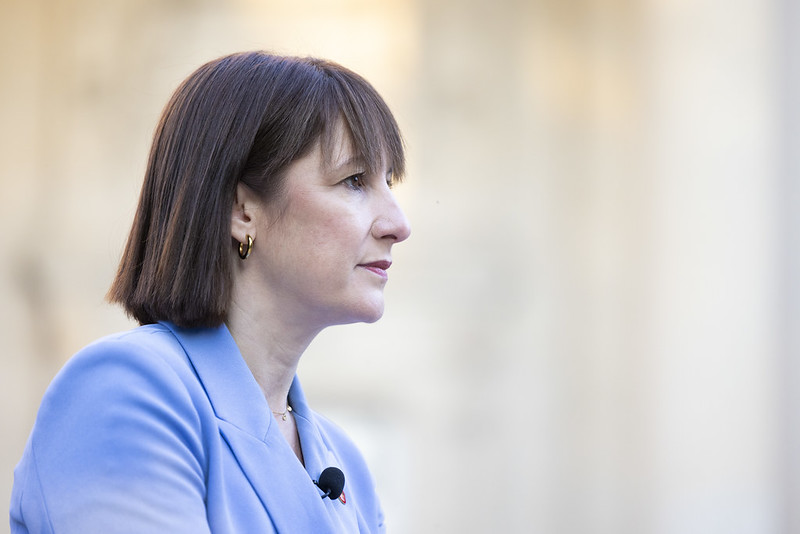
The Chancellor played down imposing a new wealth tax at the Budget — but left the door open to higher property charges.
“We already have taxes on wealthy people — I don’t think we need a standalone wealth tax,” Rachel Reeves told Bloomberg TV this morning.
“I’m not even sure it would work,” she added.
Many studies around the world show that when direct taxes are applied to the wealth of rich people, they have the resources, through lawyers and accountants, to find loopholes – or simply move to other countries.
However, she has not ruled out a range of property tax rises that were leaked to the press in the summer to help plug a £20bn to £30bn black hole when she lays out the government’s fiscal statement on 27 November.
Labour has pledged not to raise income tax, VAT and employees’ national insurance contributions and corporation tax — which collectively account for three-quarters of public revenue.
Details on any new home levies are lightly drawn so far, but the Treasury is understood to be considering a new property tax on the sale of homes worth more than £500,000.
Landlords may also be hit by proposals to apply National Insurance to rental income, in a move the Treasury hopes will raise £2bn.
Labour is also understood to be studying plans for a new local annual property levy to replace council tax over an unspecified phased period.
This comes as cross-party thinktank Demos urged the Chancellor to consider a range of property taxes at the Budget.
It backs a call for a tax on landlord rents, which it argues would raise £3.2bn a year, saying it would “help equalise taxation on employment income and rental income”.
It adds that capital gains tax rates should match income tax, raising £11.3bn a year.
The body says this “removes the tax advantage for people receiving capital gains, including people shifting income into capital gains for tax purposes, over those people receiving earned income”.
It also calls the ending of the ‘uplift’ in capital gains taxes on inherited assets, which it says would raise around £700m annually.
Capital gains are currently rebased at death for tax purposes. This means that, if an asset is passed on in inheritance, the capital gains accrued up to that point do not count towards capital gains tax when the asset is sold.
The research group says this “removes the situation whereby someone may sell an asset and pay significant capital gains while someone else can sell the same asset with the same capital gains, but pay no capital gains because they recently inherited the asset”.
The body also calls for a ‘mansion tax’, charged at 1% on the value of property wealth between £2m and £3m and 2% above £3m, raising £1.5bn a year.
It says the move “makes property taxation in the UK less regressive, which currently disadvantages those in less valuable houses and in certain regions”.
Reeves, in her Labour conference speech in Liverpool, said: “We will face further tests, with choices to come made all the harder by harsh global headwinds and long-term damage to the economy, which is becoming ever clearer.”
She reiterated Labour’s pledge to build 1.5m new homes in this Parliament, adding that social housing must play a “major role” in this programme.
She added that £39bn had been allocated to boost social housing in the Spending Review a few months ago for this.
Hargreaves Lansdown head of personal finance Sarah Coles said: “It’s not a matter of ‘if’ tax bills will rise after the Budget. That’s a given. The question is which taxes will rise and by how much.”
Coles added: “Over the past few weeks, everything has been in the frame, from capital gains tax to stamp duty.
“Even if the government were to do absolutely nothing, tax rises are also baked in.
“Some were set in train years ago, whereas others will always come as the natural consequence of rising prices, and the rising values of stocks, bonds and house prices.”



